As pet owners, we sometimes spoil our four-legged family members by sharing our favorite snacks or giving some table scraps to them. If you can eat it, they can too, right? Unfortunately, this doesn’t apply at all times. While most human foods, like fruits, and veggies, are considered safe, some are not. Some fruits are found to be extremely unhealthy, if not downright dangerous for Fido.
Canines digest their food differently from humans, and when they eat the wrong foods, this can result in long-term health issues, or worse, even death. Since they are carnivores by nature, they don’t really need vegetables and fruits as part of their daily diet. On the other hand, there is nothing wrong with giving them a veggie or fruit to munch on sometimes.
It doesn’t necessarily mean that all foods for humans are off-limits for your pet. Please read below to know the best fruits for dogs that you can give in moderation and which must remain on your plate and not shared with them at all.
Safe Fruits For Dogs
1. Bananas
When given in moderation, bananas are among the best low calorie treats for your canines. These fruits have a high amount of potassium, copper, fiber, biotin and vitamins. These are also low in sodium and cholesterol. On the other hand, due to their high sugar content, bananas must only be given to your pet in the form of treats and not as part of their regular diet.
2.Watermelon
This fruit is also one of the safe and healthy fruits dogs can eat. Just make sure that you remove the seeds and rind first since these can cause some intestinal blockage. Once removed, watermelon is a very safe fruit for your pet. It is rich in vitamins C, B-6 and A, and it also has a high amount of potassium. Watermelon is composed of 92 percent of water, which makes it an ideal treat that will keep your pet properly hydrated, especially during the hottest days of summer.
3. Apples
Yes, apples are included in the list of healthy fruits for dogs. These fruits are an excellent source of vitamins C and A. These fruits are known for their high fiber content ideal for your pet. These are low in fat and protein, which make them a great snack for senior dogs. However, you must not forget to remove the core and seeds first. You can try to freeze the fruits and serve them like an icy snack for warmer weather.
4. Strawberries
If you are curious to know what fruits dogs can eat, you will surely find strawberries as part of the list. These fruits are found to be rich in vitamin C and fiber. Aside from these, it also contains a particular enzyme that can help in making the teeth of your dog whiter as he eats these fruits. A simple reminder is that strawberries have high sugar content, so just like other fruits in this list, see to it that you only give these in moderation.
5. Blueberries
Blueberries have long been considered a superfood because it is rich in antioxidants that help prevent cell damage. The good news is that this ability is not only applicable to humans but even to canines. These sweet treats are also packed with phytochemicals and fiber, as well. Do you want to teach your pet to catch treats you throw in the air? You can always use blueberries as a fantastic replacement for the usual treats you buy in stores.
6. Pineapple
Among the other healthy fruits for dogs is the pineapple. Several chunks of this fruit can serve as a fantastic sweet treat for canines provided that you remove the prickly outside part. This tropical fruit is rich in fiber, minerals, and vitamins. It also contains bromelain, which contains an enzyme that makes it easier for your pet to absorb the much-needed proteins.
7. Oranges
If you have a smaller dog, you can give him as much as 1/3 of a full-sized orange. But, for the bigger pets, they can have the whole fruit. Although the peel of oranges is not toxic for canines, vets recommend tossing the peel away and just give your pet the inside of the fruit. Likewise, remove the seeds before giving it to them. Orange skin is tough on a canine’s digestive systems compared to the fleshy part of the orange.
8. Mango
Mangoes are a favorite treat, especially during summer. Mangoes are also ideal fruits for dogs as it is packed with four essential vitamins. Yes, you have read that right. Mangoes contain four vitamins, namely vitamins A, C, E, and B6. These fruits also have potassium, as well as both alpha and beta carotene. But then again, just like with most of the fruits you can find on this list, make sure that you remove the fruit’s hard pit first since this contains some cyanide amounts, not to mention that it is also a potential choking hazard.
9. Raspberries
When given in moderation, raspberries are perfectly fine for your pet. These contain antioxidants that are ideal for dogs. These are also low in calories and sugar and is found to be high in vitamin C, manganese and fiber. Raspberries are particularly great for the senior canines since they have anti-inflammatory properties that can help eliminate the pressure and pain in the points. However, raspberries have some amounts of Xylitol, a form of toxin, so make sure that you limit your pet’s serving to less than one cup of these fruits at a time.
10. Pears
Pears are one of the best fruits for dogs because they are high in copper, vitamins K, C, and fiber. It is believed that eating this fruit may reduce the risk of stroke by 50%. Just make sure to cut the pears into small chunks and get rid of the seeds and pit first. Like in pears, most fruit seeds contain small amounts of cyanide, which is toxic for dogs.
These are just some of the best fruits for dogs that you can share with your pet. However, there are several fruits that can be very dangerous for your pet and have to be avoided at all costs.
Fruits that are not safe good for dogs
12. Grapes
It is not good for dogs, for they might experience adverse effects once they eat either raisins or grapes. Green or purple, seedless or seeded, they are all harmful to your pet dog. Within several hours of ingesting of grapes, some dogs start to have fits of excessive urination and vomiting. And within a few days, some dogs had kidney failure. Others lapsed into a coma or died from eating grapes. Once you see your dog eat some grapes, the first course of action is to proceed directly to a vet who will induce vomiting. Not every dog reacts in this way to raisins or grapes, but it’s not worth taking a chance with your pet’s health. Since the cause of the dogs’ reaction to grapes is unknown, it’s best to keep grapes and any of its byproducts away from all dogs.
13. Peaches
The flesh of peaches may be delicious and there is no doubt about that. Nevertheless, the peach’s pit contains cyanide, which is dangerous to everyone. Cyanide could seep out from the pit into the tender meat of peach that’s closest to the center. The same rule applies to plums and some fruits with a solid seed at the center. Pitted fruits have a high digestive risk for canines. Apart from the core’s natural poison, the seed is big enough to block or obstruct the intestines of your dog.
14. Cherries
With the exception of the fleshy part around the seed, the cherry plants have cyanide and toxic to your dogs. Cyanide disrupts the transport of cellular oxygen, which means that the dogs’ blood cells cannot get enough oxygen. If a dog eats cherries, always observe him and be on the lookout for difficulty breathing, dilated pupils, and red gums because these could be the signs of cyanide poisoning.
15. Avocado
While avocados might be a nutritious snack for people, you should not give it to dogs. The skin, leaves, and pit of an avocado contain Persin, which is a toxin that frequently causes diarrhea and vomiting in dogs. The fruit’s fleshy inside does not have as much Persin as the rest of the fruit, yet it’s still too much for some dogs to handle.
16. Currants
Similar to grapes, currants are also harmful to canines. These fruits carry the same severe toxicity level that raisins and grapes do. Although the symptoms do not include sudden vomiting or diarrhea, it is best to take your dog to a vet when they ingested currants. Just like some small fruits, currants may cause severe renal failure in most canines.
17. Apricot
An apricot’s seeds, cherries, stems, and leaves are toxic to a dog. While dogs may consume the fruit’s pulp with no ill effects, you have to take caution once your dog has eaten any parts of the fruit. Apricots also contain cyanide and may result in respiratory failure and, worse, death.
18. Figs
In some dogs, eating fig fruits may cause an allergic reaction. It will not do much harm if you give just a small amount of fig to your pet. Nevertheless, more than 1 or 2 figs every week might cause diarrhea, so even though your dog is not allergic, you might want to limit their consumption of this fruit. As figs are not cheap, you are probably better off with more affordable fruit treats like bananas.
19. Starfruit
Eating starfruits is a big no for dogs because they may affect their kidney even if consumed in small amounts. Starfruits contain soluble oxalate salts that, once ingested, get attached to calcium and lead to its low levels. Another adverse effect that is caused by starfruits is that oxalate crystal present in calcium is absorbed in the kidneys. It can lead to inflammation and calcification.
20. Persimmons
Even though the persimmon berry isn’t toxic to the dog, it may cause stomach upset. In addition to that, the seed is harmful to their health. The persimmon pit may pose a choking hazard and could inflame the small intestine of your dog. Additionally, persimmon pits contain cyanide, which is highly toxic for dogs.
21. Plums
Plums are equally hazardous for dogs. Its pits contain cyanide, which is highly toxic. The seeds are a choking hazard and may obstruct the smaller dog’s digestive tract.
Tips When Sharing Fruits With Your Dogs
It is easy to give fruits to your fur babies. You may consider giving these healthy treats as a reward after training. But if you are not sure how to give fruits to your pets, below are the tips you may take into account:
- Avoid feeding dogs any seeds and pits. Not every seed can cause problems, but it’s better to be safe than sorry. For instance, avoid apricot pits, apple seeds, plum pits, nectarine pits, peach pits, and cherry pits as they are harmful to your pets.
- Several dogs do not like raw fruits. You can try mashing them into their meals. Likewise, adding some fruits as an ingredient when making homemade dog treats is also ideal. You may also use fruit juice, yet ensure that it’s 100% fruit juice and no added sugar.
- If you may introduce small portions of fruits to your pet while they are still young, they are more likely to eat and love it.
- Wash and clean fruits thoroughly before giving them to your dogs.
- Offer your dog a small portion of fruit when giving it to them for the first time. Although fruits are good for canines, fruits aren’t calorie-free. In addition to that, be cautious as they might have any allergic or some adverse reactions like upset stomach or gas.
- Always ask for guidance from your vet when feeding dogs with fruits.
MORE GUIDE:

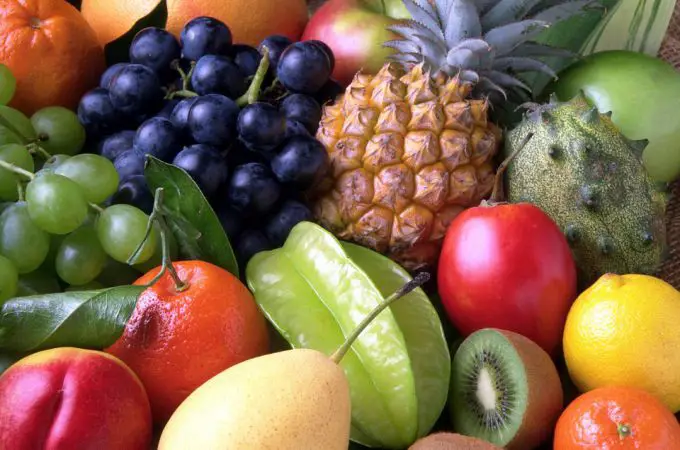
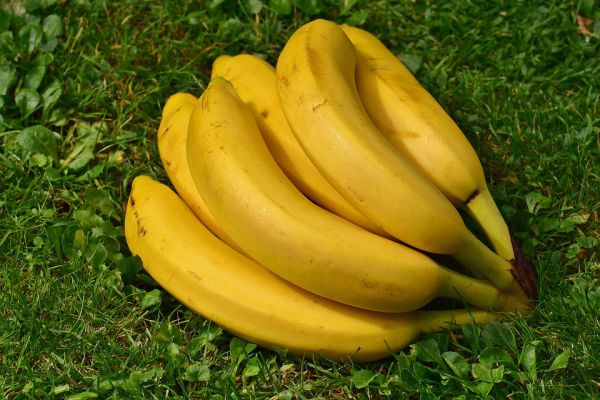
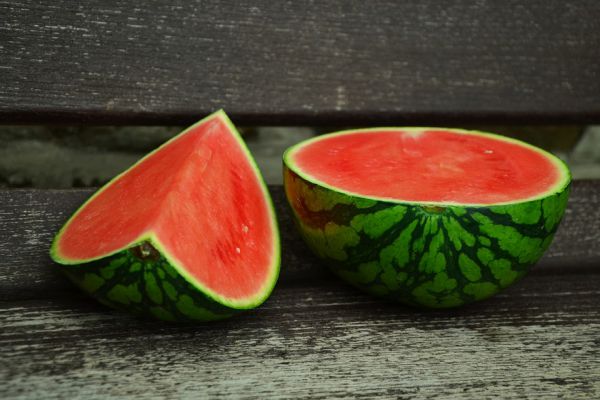
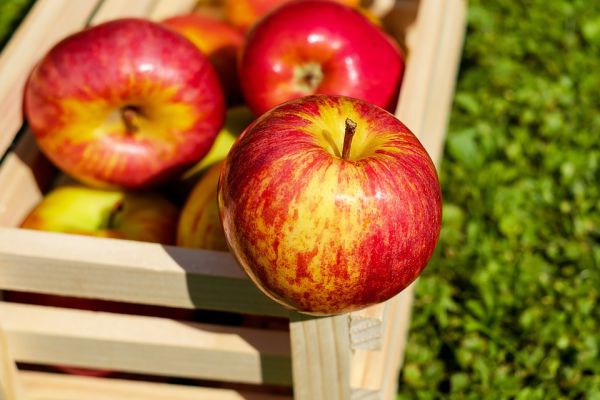
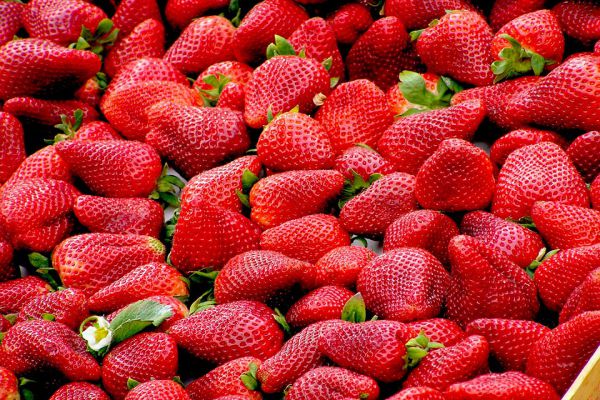
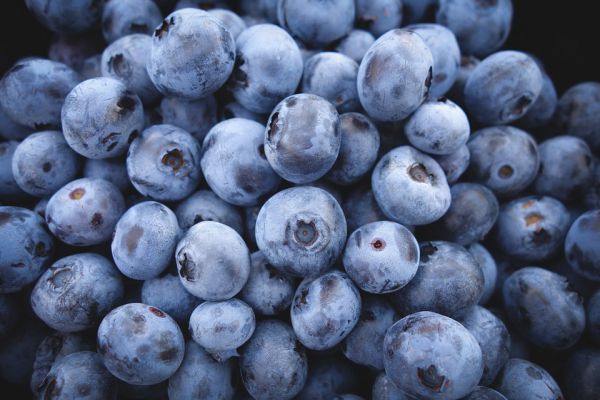
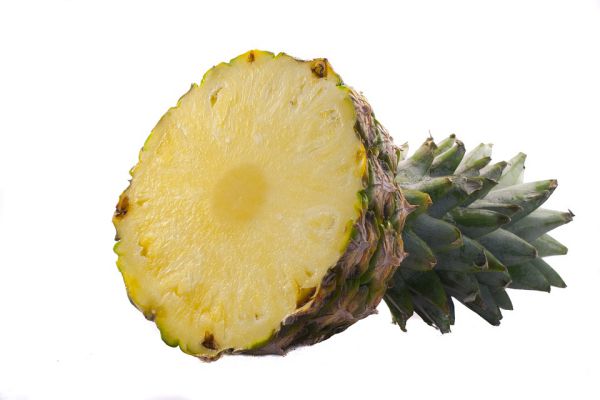
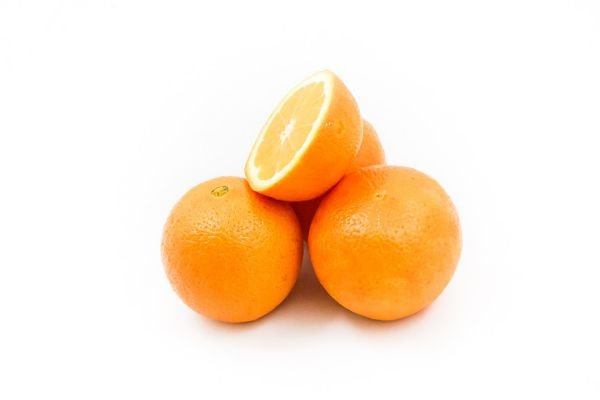
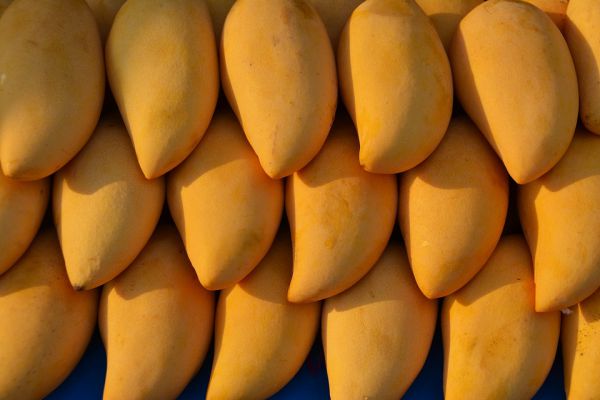
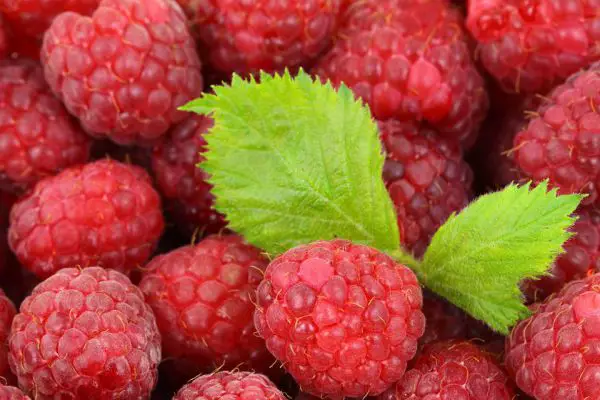
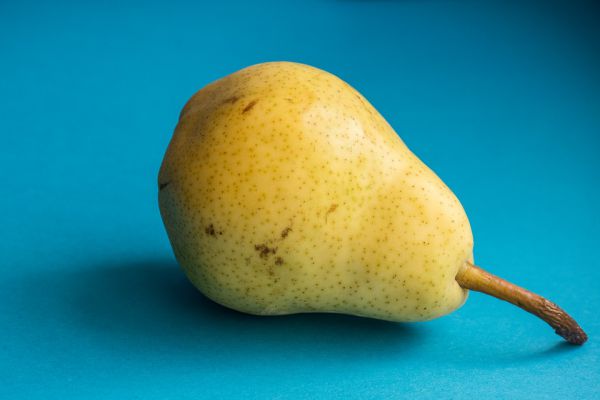
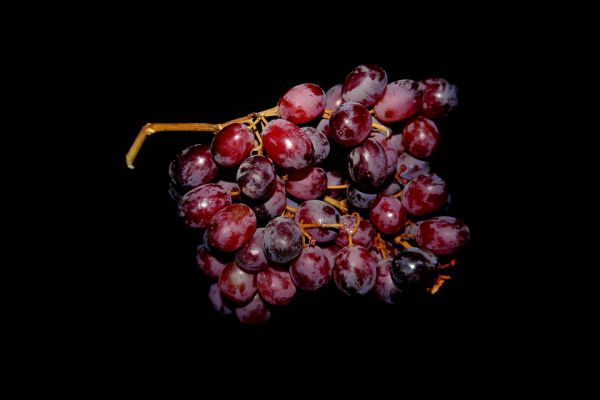
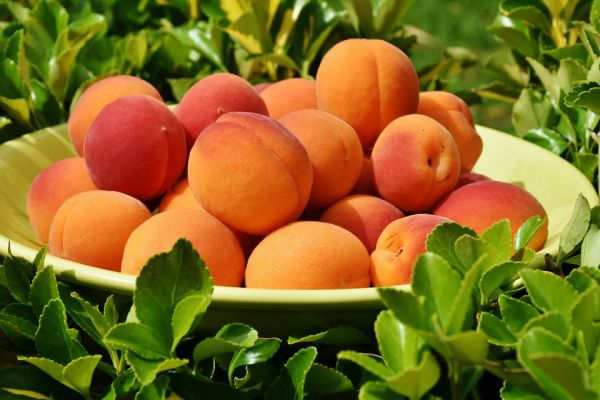
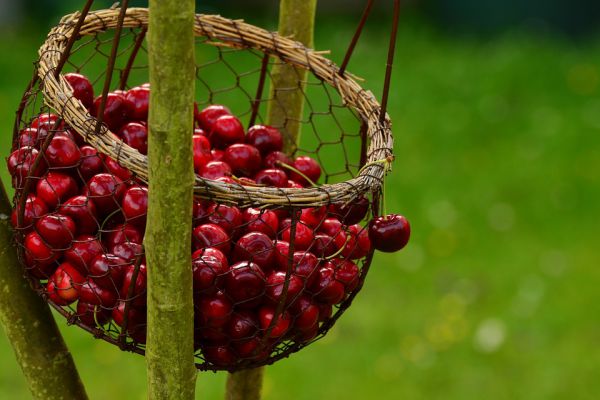
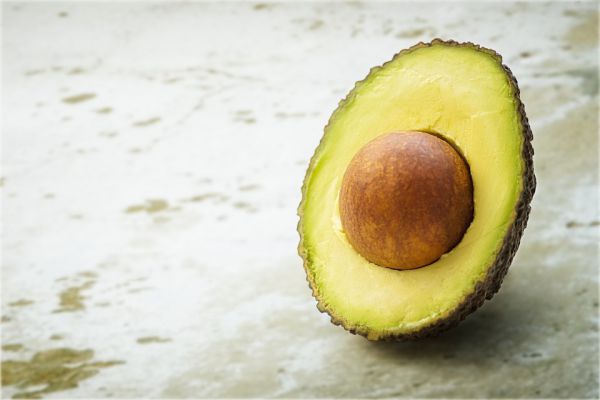
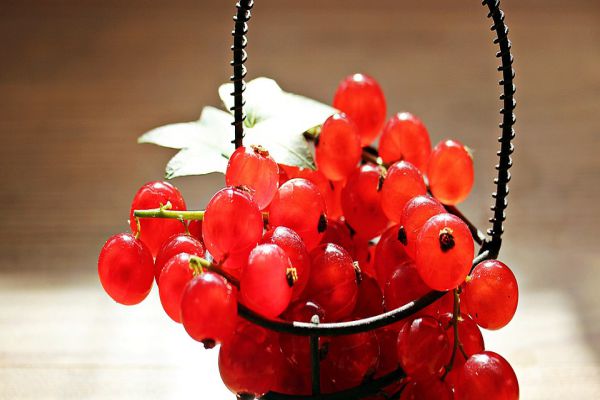
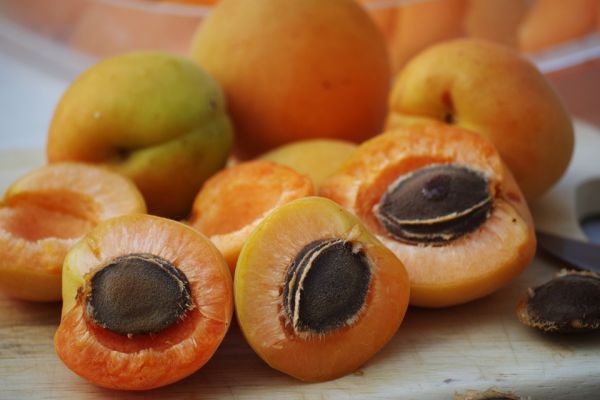
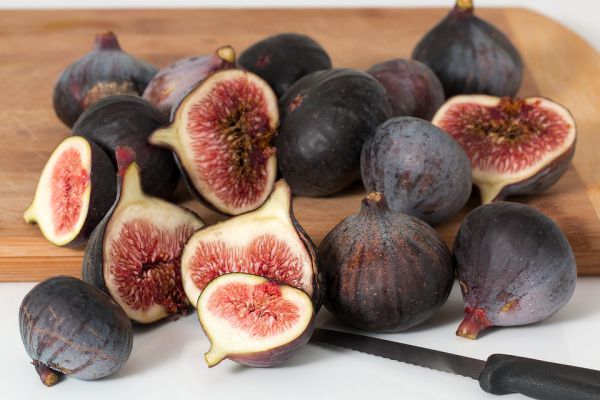
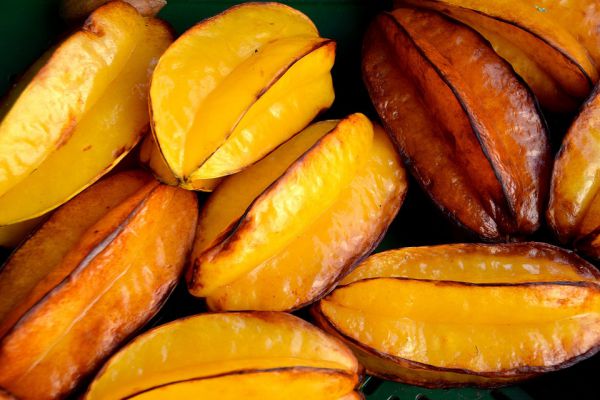
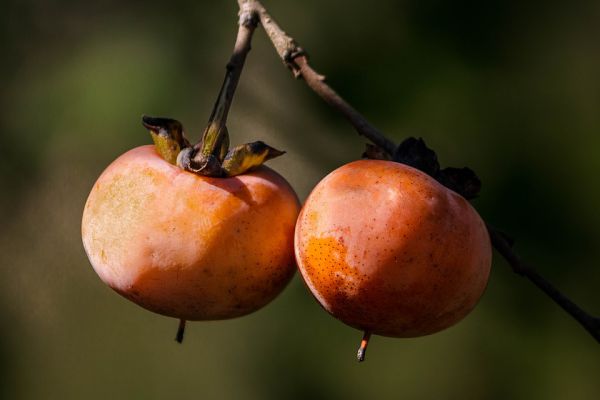
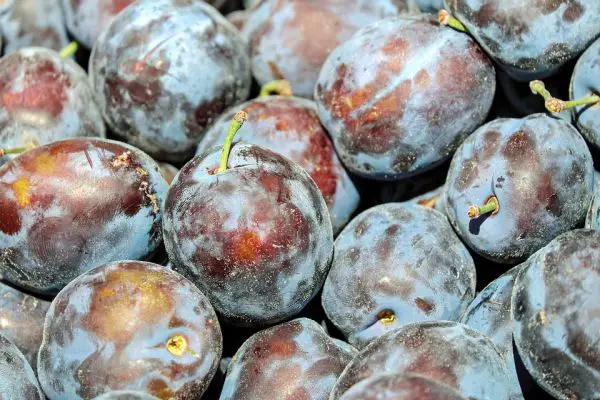
Thank you so much I really value my dog’s health and my own as well. To know that my dog can have some of the foods I enjoy is a great pleasure to me considering most dog foods lose most of their nutrition after being cooked in a super burner I would rather see my dog live longer on “people food” then to eat the dribble they feed in the stores. (There are some good dog stores serving great food at a higher price) Knowing that I hand washed and inspected all this food myself is a great pleasure to know my dog is safe and protected from harmful bacterias that may be in some dog food.
love the info my bullmastiff thinks he is human so its good to know what is healthy and what is not
What about grains, seeds and hemp seeds or oil?what are ones to avoid?
Out of all the fruits you’ve listed here, my dog goes crazy for watermelon. It’s refreshing and highly nutritious. I love it myself. When I have the extra time, I turn in into watermelon freezes.
Thank You so much for the info. My 2 Senior(13/15 yrs old) teacup poodles recently developed severe gastric issues after feeding them solely Fresh Pet which they have tolerated as a treat for yrs. After reading yr article I believe it may have been from the Raisins& Carrageenan. They list blueberries but they appear & feel like raisins. Also it has a strong smell of garlic-though it’s not listed. I’ve followed your guidelines & they have improved so much!